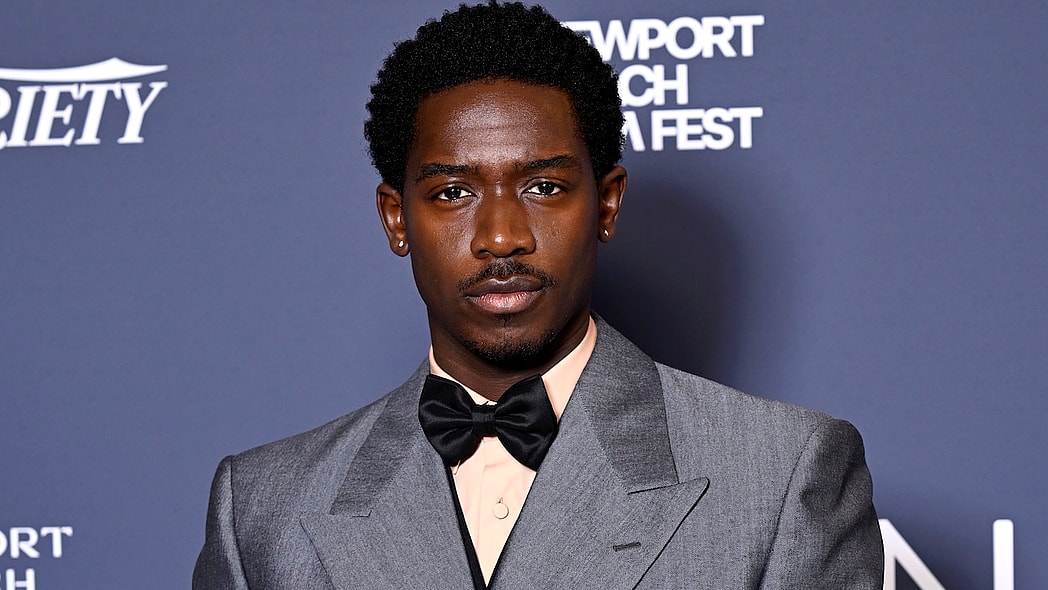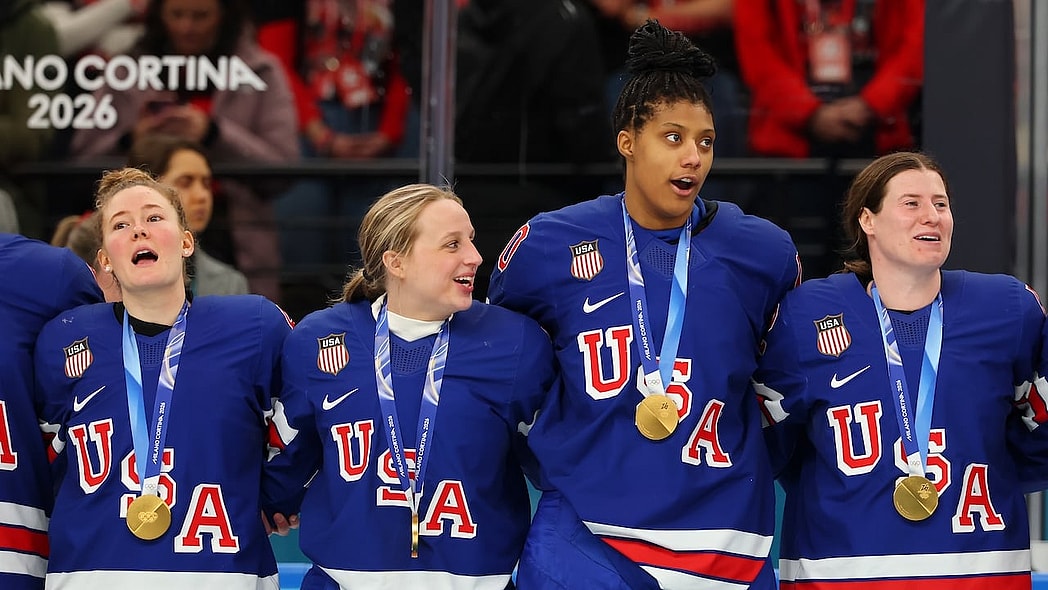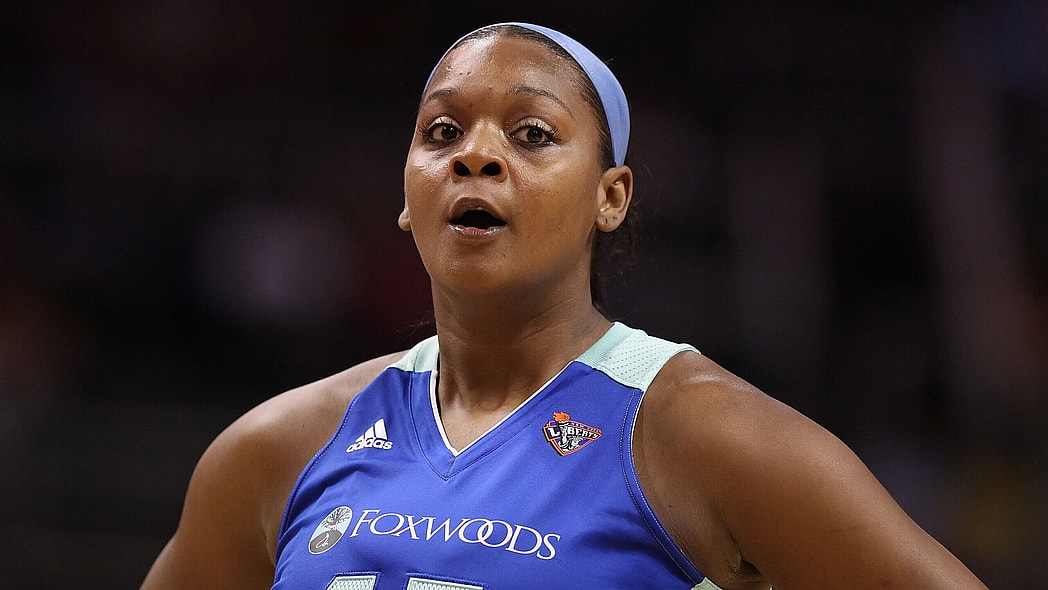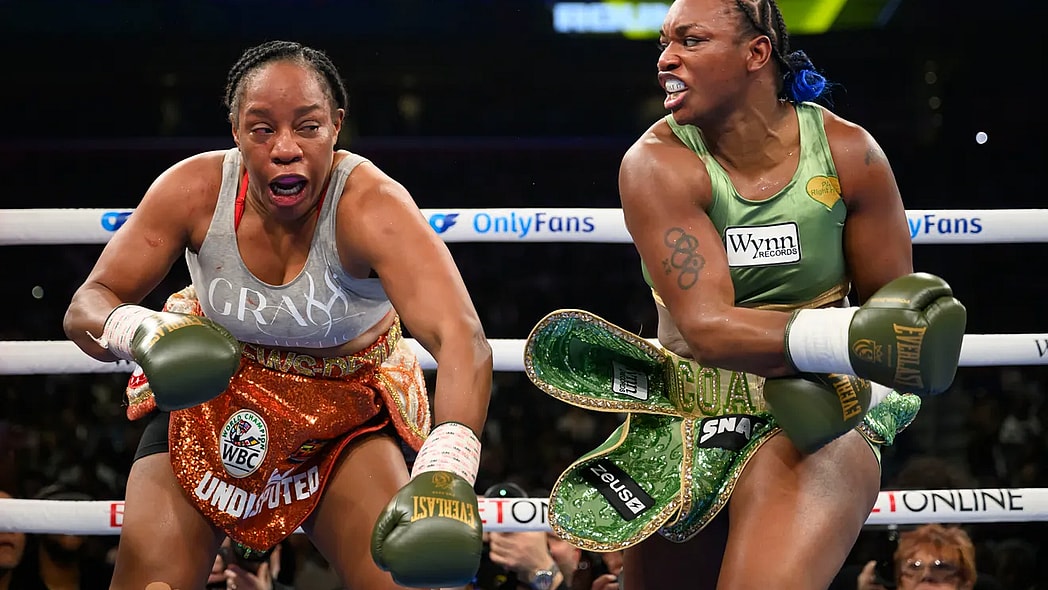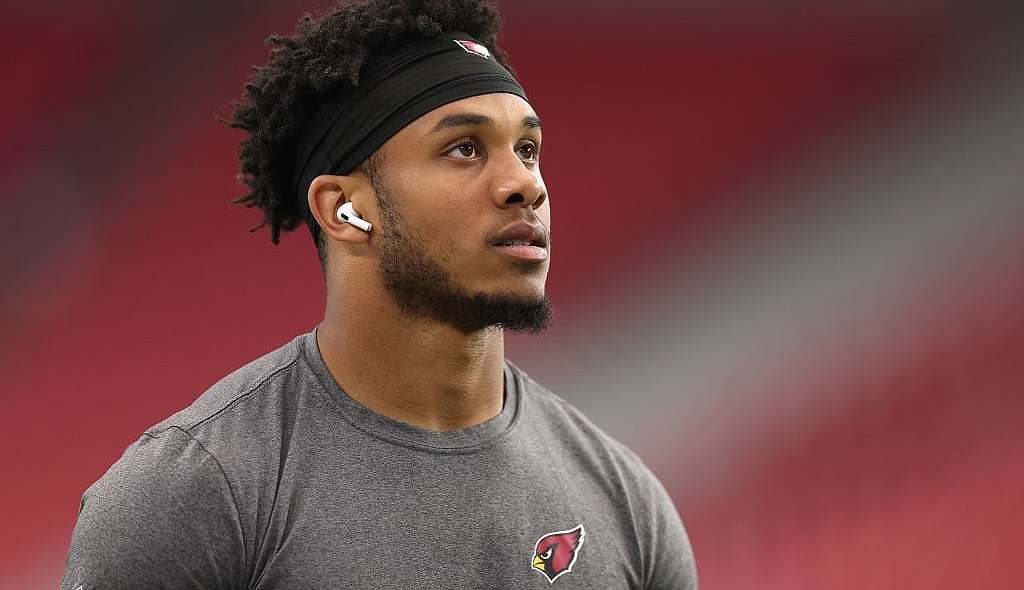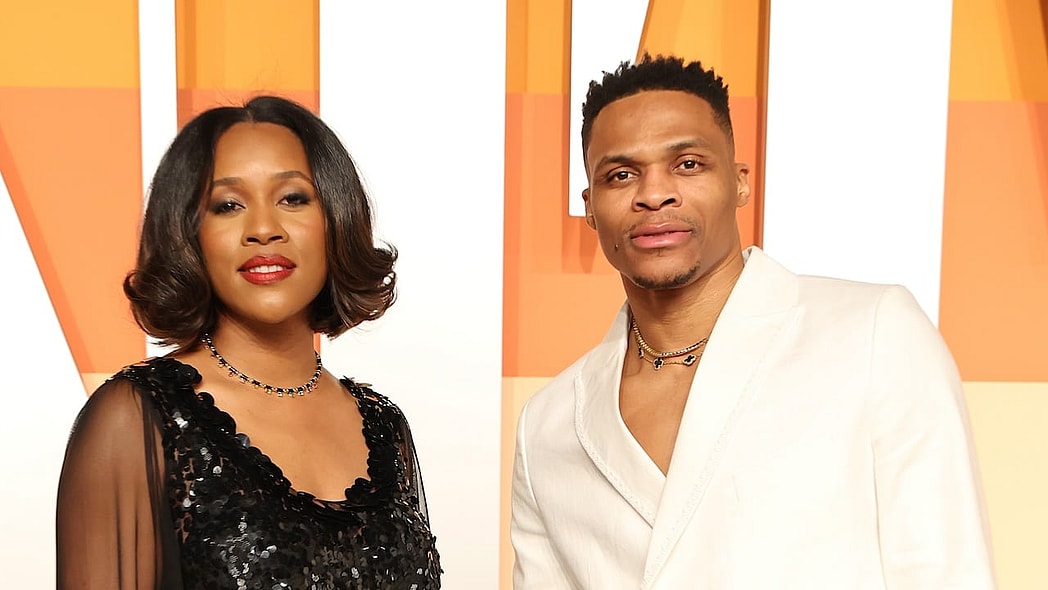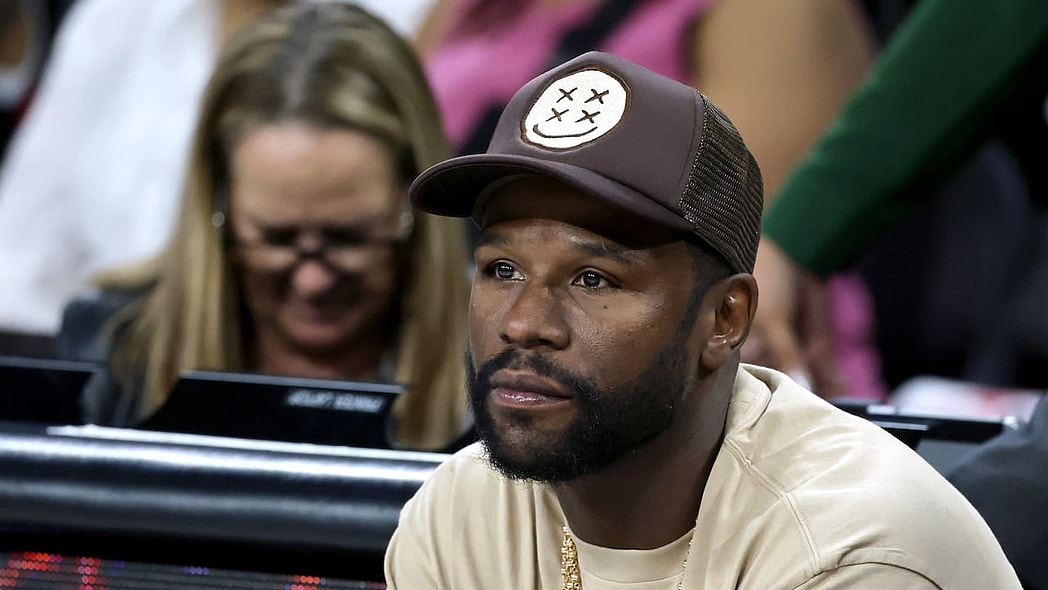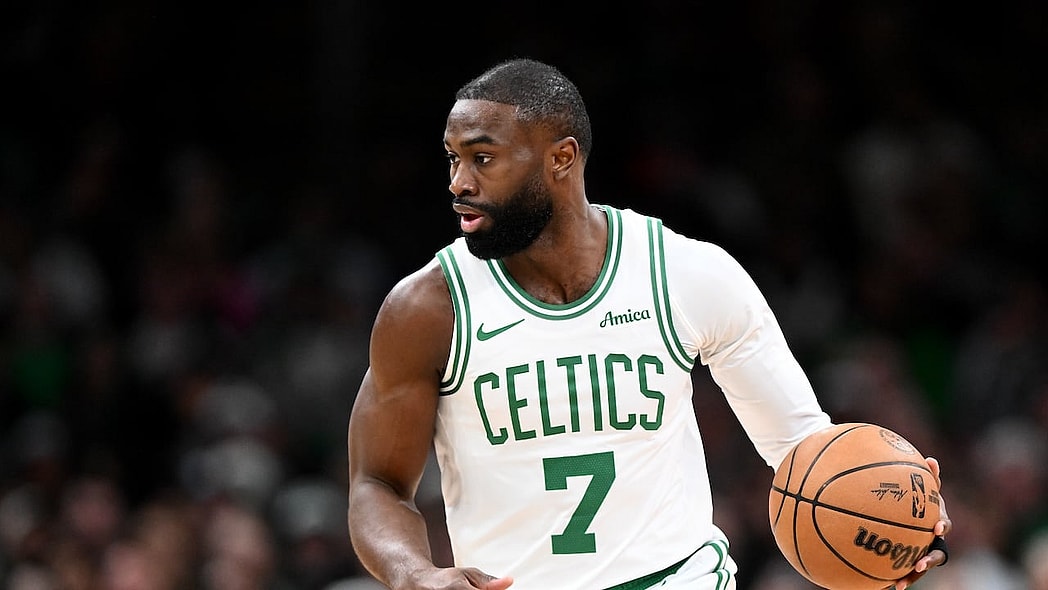Players from HBCUs have a long and storied history in the NBA, with luminaries like Willis Reed (Grambling State), Earl Monroe (Winston-Salem State) and Sam Jones (North Carolina Central), named to the league’s 75th anniversary team. Philadelphia forward Robert Covington (Tennessee State) is the only current NBA player from an HBCU, and he wasn’t part of Sunday’s All-Star Game.
But the on-court action in Indianapolis included a key figure from historically Black colleges.
Derrick Collins (Xavier-Louisiana), in his 23rd season as an NBA referee, was part of the officiating crew as the East outscored the West, 211-186. Unlike Covington, Collins has company within his NBA ranks: Nine of 74 officials attended HBCUs, ranging in seniority from Tom Washington (Norfolk State), in his 33rd season, to Matt Myers (Hampton), in his sixth season.
Three of the HBCU alums attended Southern: Bennie Adams (29 seasons in the NBA), Courtney Kirkland (24) and C.J. Washington (8). Adams has mentored numerous NBA officials since earning his bachelor’s and master’s degrees in mathematics at Southern. But he has a special bond with his fellow Jaguars, who say he was firm in prodding them along.
“It’s something that was passed down to me, just having attended an HBCU,” Adams told nba.com. “What I thought was OK really wasn’t enough to be successful in the real world. So that tough love was just pushing them to do better, to do more because they had it in them.”
Black referees had it in them long before they could prove it at the highest level. The opportunity presented itself in the 1960s when superstars like Bill Russell, Wilt Chamberlain and Oscar Robinson asked the NBA to break the color line for officials. Jackie White, who attended Philander Smith College and later played for the Harlem Globetrotters, made history by becoming the NBA’s first Black referee in February 1968. Another HBCU alum, Ken Hudson (Central State), became the league’s first Black full-time referee the following season on the recommendation of Boston Celtics patriarch Red Auerbach.
“Red had a soft spot for him because Kenny could disarm a tiger and he was a friend to the game,” Leo Papile, a former Celtics executive told the Boston Globe. “Kenny was comfortable in the boardroom and on the playground.”
Sports
The NBA referees from Black colleges credit their HBCUs for providing early lessons on professionalism. Collins, who spent four years on Xavier’s basketball team and earned All-America honorable mention, said the experience led him to excel.
“It helped me be able to deal with adversity,” Collins told @NBAOfficial. “It gave me a sense of perseverance and an opportunity to deal with it when things didn’t go right. Just continually to have an energy about yourself to complete the job at hand. I really, truly value that foundation that prepared me for life after school.”
Adams was prepared enough to teach two semesters of math at Southern while climbing the referee ranks.
“It’s an academic environment where there’s a sense of community,” Adams told @NBAOfficial. “There is a sense that everybody’s invested in your success. If you have the opportunity to attend an HBCU, it’ll be one of the best experiences that you could ever have. There’s nothing like it. Being with people that look like you, talk like you, walk like you, share the commonality of you. It’s an overwhelming experience to go through that and come out on the other side.”
The NBA represents the other side for basketball officials, thousands of whom call games at lower levels without ever breaking through. Reaching the top can take more than 20 years of whistleblowing for high school, college, WNBA and G League contests. HBCU alums have something else to talk about when they arrive.
“It’s unique to be able to share our experiences with each other,” Tom Washington told nba.com. “Each school has its own unique experience of campus life, but there’s actually a common thread that runs through all HBCU schools. We understand what you were doing at your school, and we like to talk about how we did similar things at ours. It’s a unique bond that’s great to share, not only amongst ourselves but amongst our peers that we work with, to tell them how things were, how we were educated, and how we socialized at an HBCU.”
Not surprisingly, the amount of smack might warrant a technical foul.
“It’s always good to talk about the bands,” C.J. Washington said. “I’ll tell you this and don’t you forget it: I don’t care what anybody else tells you. The greatest band ever is Southern University. If you want to do your own research, just go to YouTube and you can make your own decision.”

Deron Snyder, from Brooklyn, is an award-winning columnist who lives near D.C. and pledged Alpha at HU-You Know! He’s reaching high, lying low, moving on, pushing off, keeping up, and throwing down. Got it? Get more at blackdoorventures.com/deron.
Never miss a beat: Get our daily stories straight to your inbox with theGrio’s newsletter.


